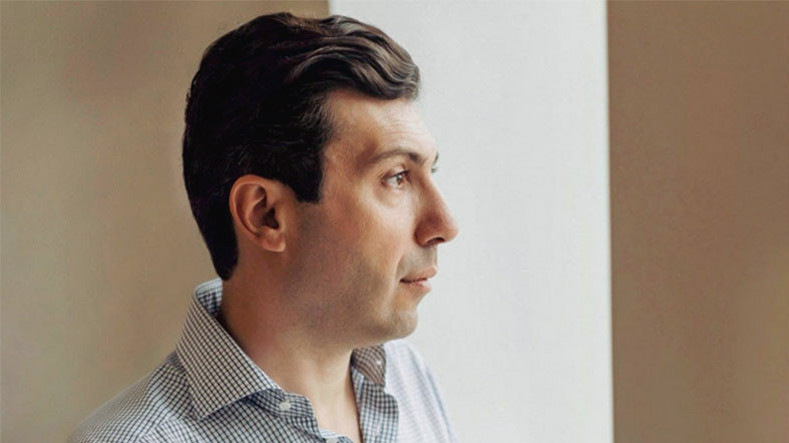
It pains me that those who fought for their nation and homeland have been consigned to oblivion. Mikayel Minasyan
Every day, thoughts of Bako, Ruben, Leva, and our prisoners overwhelm me with helplessness. My mind always returns to Bako, perhaps because I knew him better.
In my memory, he sits in his yard after midnight, feeding firewood to a tin stove where potatoes, onions, and bread are baking. He squints through the tobacco smoke, adjusts his old coat, and sips strong tea. We often met—once in Rome, quite frequently in Yerevan, but most often in Stepanakert. That’s where I remember him best—sitting in the yard of his house, on the ottoman, telling stories, joking, or sitting in thoughtful silence. He was organic, natural, strong—unable to imagine his life away from this garden, his home, Stepanakert, and Artsakh, - wrote Mikayel Minasyan, the former Ambassador of Armenia to the Holy See, wrote about his esteemed friend, Bako Sahakyan, the former President of Artsakh, who is currently held captive in a Baku prison following Azerbaijan's occupation of Nagorno-Karabakh.
Minasyan adds. “I can't imagine what he knows about the world we’re living in now. I don't know how he interprets the information he receives in prison. And, realizing this, I can't resist having an imaginary conversation with him.
Does he realize that the authorities are silent about him and the other prisoners? That Armenian ambassadors aren’t working for their release, that international humanitarian NGOs aren’t issuing demands for their freedom, that the Ministry of Foreign Affairs doesn’t mention them in its statements, and that the highest officials of the state avoid talking about them—as if they don't exist? As if they never existed?
Does he know that in the diaspora—from Bourj Hammoud to Los Angeles—no significant events are organized in defense of the prisoners?
What does he feel, knowing that on his path—the path of a warrior and guardian of Artsakh—he had to sacrifice his freedom for the safe passage of the Artsakh Armenians?
Does he know that the capture of the patriotic elite of Artsakh was the result of a treacherous agreement?
Does he realize that the Armenian authorities are treating the mayors of Artsakh’s cities the same way the Azerbaijani authorities are treating him?
Could he have imagined that the Armenian police would break down the gates of the Artsakh representative office—the last symbol of Artsakh statehood—in Armenia, with the same zeal that the Yashma special forces used to desecrate the shrines of Artsakh?
Does he accept that the loss of Artsakh has become so commonplace that talking about it in polite society is considered bad manners?
I’m sure Bako has his own answers to these questions. I’m sure he wouldn’t agree with the harsh judgments I’ve voiced. His disagreement stems from his romantic nature. He has always believed in a happy ending. I wouldn’t be surprised if he’s still convinced of it.
And if I told him that some say he’s not in a Baku prison but somewhere in Russia or in a comfortable apartment in the center of Baku, he would chuckle and dismiss it”.
Ex-ambassador Mikayel Minasyan, continues to think: “In our imaginary conversation, I’d tell him there isn’t even a shabby internet petition for his freedom, and he’d reply that his nation lives in the real world, not the virtual one on Facebook.
If I sarcastically asked what Arayik is thinking and saying now, he’d grin back and say that after everything that has happened, it hardly matters what he thinks, let alone what he says...
I wish I could ask these questions from the ottoman in the courtyard of his Stepanakert house, with him sitting there, smoking in front of the stove.
Today, Bako Sahakyan turns 64.
It pains me that people who fought for their nation and homeland, who served them, and who taught us the meaning of self-sacrifice through their actions, are languishing in enemy prisons.
And it hurts me even more to think that my people—though I fervently hope not all—have consigned them to oblivion”.
Newsfeed
Videos






























